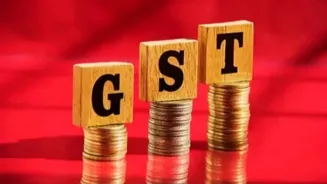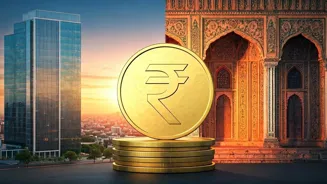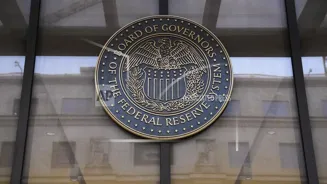GST's Impact Explained
The GST, a key indirect tax, currently affects the pricing of vehicles. Any reduction in GST rates directly translates to lower prices for consumers, making
cars and bikes more affordable. This move could stimulate demand, reminiscent of the festive season's purchasing frenzy across India.
Why the Change?
Sources suggest this possible GST cut is part of a larger reform push. The government likely aims to rejuvenate the auto industry, which is a significant contributor to India's GDP and job creation. A boost in sales could also lead to increased tax revenues in the long run.
Small Cars & Bikes
The focus on two-wheelers and small cars signifies a strategy to benefit a broad consumer base. These vehicles are popular across India, from bustling city streets to rural areas. Reduced prices would particularly assist middle-class families and individuals across the country.
Economic Ripple Effect
A GST cut is likely to have a ripple effect throughout the economy. Increased vehicle sales can boost related industries like auto parts, insurance, and financing. This potential growth can also foster employment, reflecting the spirit of 'Make in India'.
What's Next?
While discussions are ongoing, the exact timing and extent of any GST reduction remain uncertain. The industry and consumers are eagerly awaiting the government's final decision. Announcements are anticipated, and India watches with bated breath for developments.

















